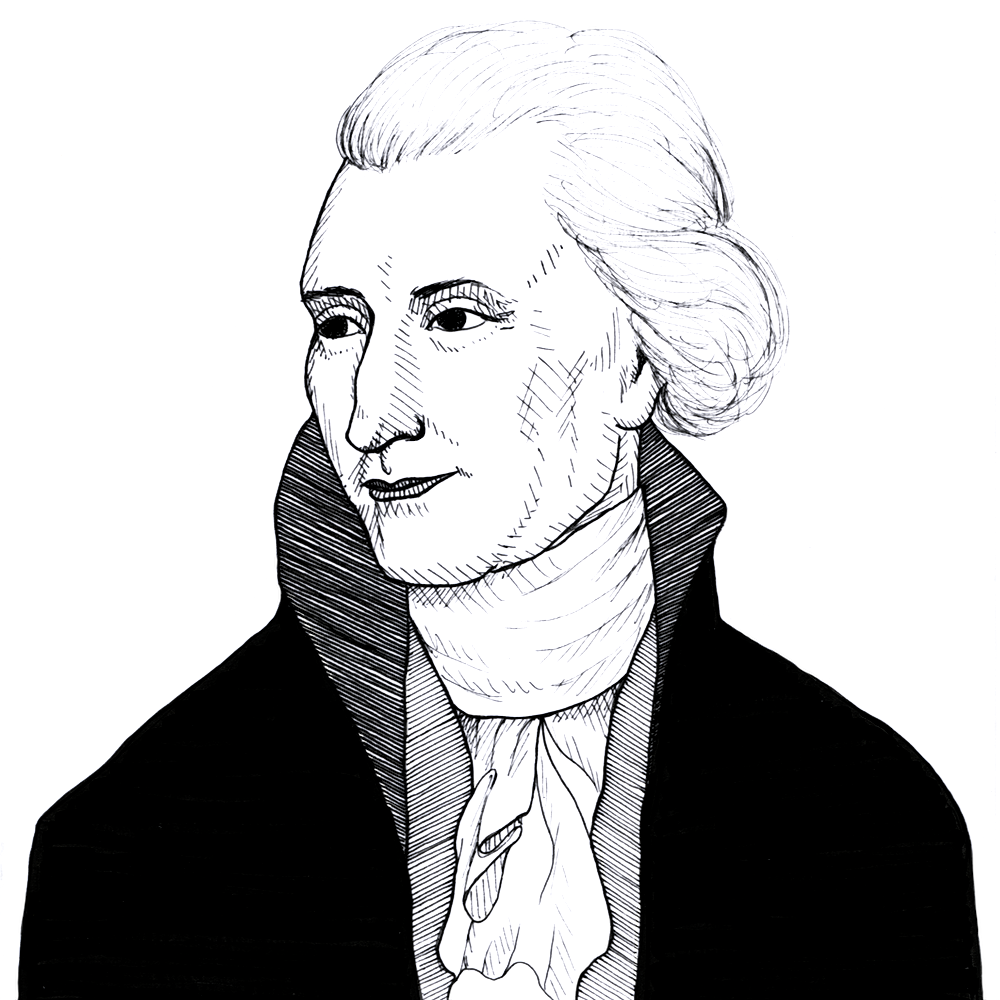
Destutt de Tracy on society as “nothing but a succession of exchanges” (1817)
Found in: A Treatise On Political Economy
The French revolutionary politician and republican Destutt de Tracy (1754-1836) believed that society was a complex web of mutually beneficial transactions which brought people together both across space and time:
Economics
First, society is nothing but a succession of exchanges.In effect, let us begin with the first conventions on which it is founded. Every man, before entering into the state of society, has as we have seen all rights and no duty, not even that of not hurting others; and others the same in respect to him. It is evident they could not live together, if by a convention formal or tacit they did not promise each other, reciprocally, surety. Well! this convention is a real exchange; every one renounces a certain manner of employing his force, and receives in return the same sacrifice on the part of all the others. Security once established by this mean, men have a multitude of mutual relations which all arrange themselves under one of the three following classes: they consist either in rendering a service to receive a salary, or in bartering some article of merchandize against another, or in executing some work in common.